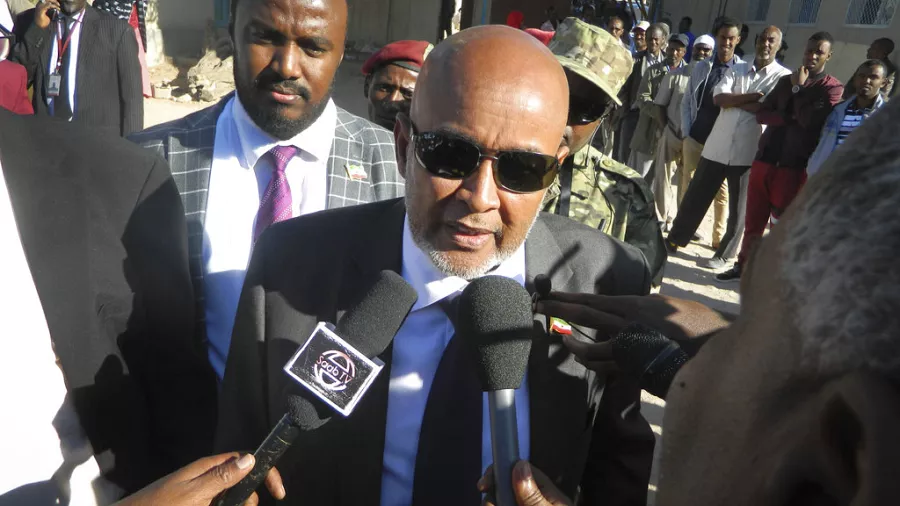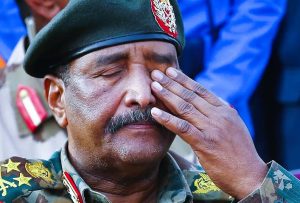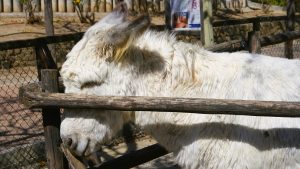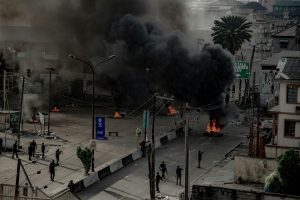
In a significant political shift, Abdirahman Cirro, the leader of Somaliland’s opposition Waddani party, has emerged victorious in the region’s presidential election, defeating incumbent President Muse Bihi Abdi. The Electoral Commission reported on Tuesday that Cirro won 64 percent of the vote in the closely contested election, held last week, while Bihi, who was seeking a second term, garnered 35 percent.
The presidential election marks the fourth such vote since Somaliland declared its independence from Somalia over three decades ago. While Somaliland has yet to receive formal international recognition, it has maintained a functional government, currency, and security structures. Despite lacking global recognition, the region has continued to develop a stable political environment, in stark contrast to the political and security instability that has plagued Somalia in recent years.
Both candidates campaigned on similar platforms, promising to enhance democracy, stimulate economic growth, and continue to press for Somaliland’s long-desired international recognition. Somaliland has pursued global acknowledgment of its sovereignty for the past 33 years, but its lack of recognition has hampered its ability to access international finance and institutions. However, the region has remained resilient, maintaining a degree of stability that is rarely seen in the Horn of Africa.
Cirro’s victory represents a shift in the political landscape of Somaliland, where the opposition has gained significant traction in recent years. The Waddani party leader has long been a vocal critic of Bihi’s administration, and his win reflects growing dissatisfaction with the incumbent government’s policies, particularly in areas such as economic development, governance, and international diplomacy.
Somaliland’s election process is seen as a symbol of its relatively stable democracy. Despite challenges related to its lack of recognition, the region continues to hold regular, peaceful elections, a stark contrast to the frequent political unrest and insecurity that affects neighboring Somalia. This political stability has allowed Somaliland to focus on its internal governance, which includes a well-established security apparatus that has kept the region largely free of the violent extremism that has plagued Somalia.
However, the election was not without controversy. Tensions have risen between Somaliland and Somalia in recent months, particularly in light of a deal struck between Somaliland and Ethiopia, which has sparked political friction with Somalia. The deal, which grants Ethiopia access to a strategically important port on the Indian Ocean, has led to accusations from Mogadishu that Somaliland is acting unilaterally, further complicating relations between the two entities.
Somaliland’s pursuit of international recognition has been a key issue for both presidential candidates. Since declaring independence in 1991, Somaliland has sought to establish itself as a sovereign state, but it has faced consistent opposition from Somalia, which views the region as a breakaway territory. The lack of global recognition has prevented Somaliland from fully integrating into the international community, limiting its access to foreign aid, investment, and diplomatic ties.
Nevertheless, Somaliland has made significant strides in other areas, including infrastructure development, education, and governance. Under President Bihi’s administration, the region built modern roads, developed its own currency, and established a functioning political system. However, critics argue that Bihi’s government failed to sufficiently address issues such as corruption, economic inequality, and political freedoms.
In his campaign, Cirro vowed to improve relations with the international community, attract foreign investment, and create a more transparent and accountable government. His victory is seen as a mandate for change, with many Somalilanders hopeful that he will be able to take the region closer to achieving the recognition it has long sought.
Despite the election results, the situation remains delicate. Somaliland’s desire for recognition and the ongoing tensions with Somalia will continue to be central issues for the new government. As Cirro prepares to take office, he will have to navigate complex political dynamics both domestically and in relation to Somalia, Ethiopia, and the international community.
The election has also garnered attention from global observers who are watching closely to see how Somaliland’s political development evolves. The outcome could have implications not only for Somaliland’s future but also for the broader Horn of Africa region, where political stability is often in short supply.
In summary, Abdirahman Cirro’s victory in the Somaliland presidential election is a significant milestone for the region. While challenges remain, particularly regarding international recognition, the election demonstrates Somaliland’s commitment to democratic governance and its continued aspiration for recognition as a sovereign state. With a new leader at the helm, Somaliland is poised to continue its pursuit of stability, economic development, and international diplomacy in the coming years.





